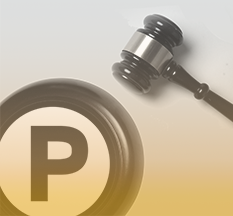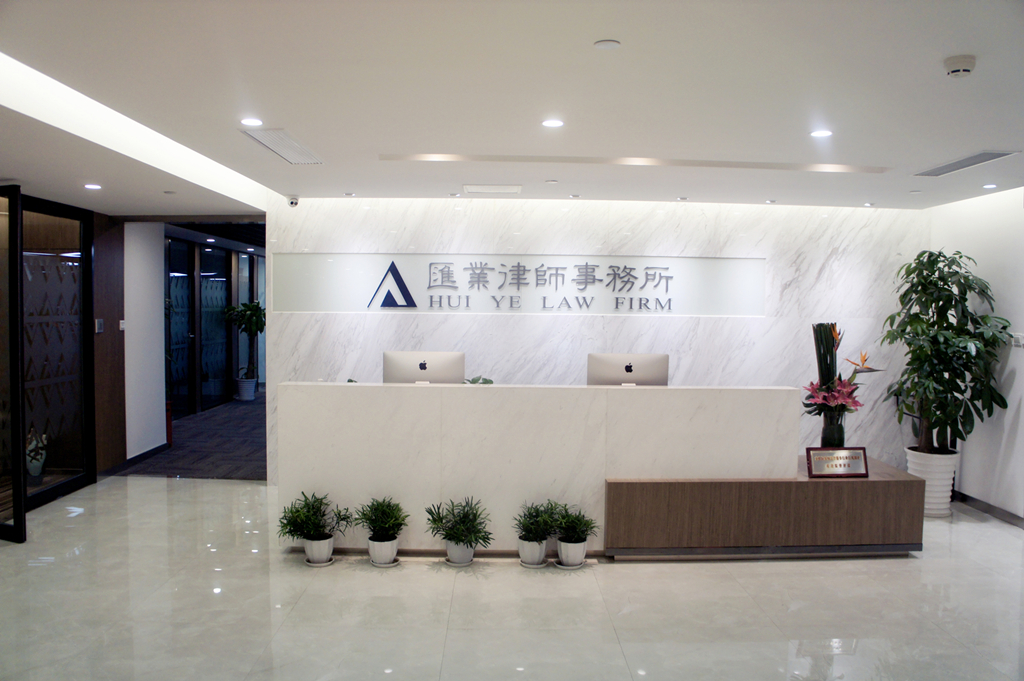The UK Supreme Court has ruled on whether artificial intelligence can be used as an inventor in a patent application. The ruling dealt with the relatively narrow question of whether an AI-powered machine could be the inventor. It does not address the broader question of whether inventions produced by machines powered by artificial intelligence are patentable. This distinction is important both for interpreting judgments and for applicants seeking protection for software inventions.
In short, The Supreme Court's answer was unanimously no, An AI-driven machine cannot be the inventor. In this way, The Supreme Court has upheld the decisions of every lower court that has dealt with the issue. however, In addition to the title, There are many other interesting aspects to this case.
ownership
Why is the identity of the inventor important in the patent application process? This is because the question of inventor identity is primarily a question of ownership.
Invention patent is a kind of intellectual property right. In law, Every property has an owner. Anyone can file a patent application, But only the owner of the invention is entitled to a patent for his or her invention.
Generally speaking, Ownership of an invention originally belongs to the inventor, Or in many cases belongs to the inventor's employer. Patent ownership may be transferred, But the chain of ownership must always begin with the inventor.
therefore, Identifying the inventor is a key part of the patent application process, Because it has a direct impact on determining who is entitled to a patent for an invention.
The right to grant patents
Appellant Taylor (Thaler) The doctor filed two patent applications, He said in his application that he was not the inventor. For the above reasons, The patent law requires that the name of the inventor be stated in the patent application.
Taylor insisted that, The inventor in each application is a computer namedDABUSThe machine of, The machine is powered by artificial intelligence and operates autonomously. Taylor representation, He enjoys the rights granted by the patent by owning the machine.
But the court ruled, According to the UK1977years "Patent law" , The inventor must be a natural person, Not a machine.
Taylor also argued that, He's still entitled based on his rightDABUSAcquisition of titleDABUSPatent authorization for invention.
The court also rejected that argument: Ownership of the invention does not derive from ownership of the machine. On the contrary, UK patent law provides a way to determine ownership based on the existence of the inventor. then, Patent rights are determined by a chain of ownership starting with the natural person inventor.
Software inventions and current patent law
The current patent law applicable in the UK is1977years "Patent law" and2007years "Patent ordinance" . This means that the current patent law is based on20century70dating. evident, In the past45The middle of the year, Technology has come a long way.
inDABUSIn the judgment of the case, The court applied existing law to address the issue of inventions related to artificial intelligence. This reveals the applicability of current patent law to AI inventions. Such as, In the case of AI-driven machines operating autonomously to produce inventions, Ownership should belong to the person who set up the machine, Or belongs to the owner or licensee of the software? These are complex issues that have yet to be resolved. therefore, There is a case for a review of patent law, To reflect the current use of the software in development, In particular, the use of artificial intelligence.
Artificial Intelligence and society
The ruling is part of a broader debate about the role and impact of artificial intelligence in the real world. In the last few years, The debate is gaining momentum. however, This is not a new debate: As usual, Long before it was technically feasible, Artists have explored the possibilities and implications of technology. "Robot" The word is Joseph.Czapek (Josef Capek) For his brother Karel (Karel) 1920The year of the publication of the play "R. U. R. " created. The show explores the relationship between sentient robots and their human creators. In the play, The end for mankind is not happy. Recent newspaper headlines tend to do the same "The human race is doomed" The view of.
however, This doomsday rhetoric is not helpful to people, Because it obscures the real problem that needs to be solved. Such as, Data misuse, Problems brought about by artificial intelligence facial recognition, Intrinsic bias, Lack of supervision, Artificial intelligence deep forgery, And the general difficulty of assessing whether the information generated by AI is based on fact.
In this context, This talk aboutDABUSThe debate is nuanced about artificial intelligence and its impact on society, The pragmatic discussion made a welcome contribution. (Be compiled fromwww. mondaq. com)
TRANSLATORS: Wu Xian proofread: Wang Dan
disclaimer: This network reprint or compile the original articles are from the network, Does not represent the views of this website or confirm the authenticity of its content. If the source is mislabeled or the copyright of the article is involved, Please contact us, This website will be corrected in due course, delete, thank you.

Patent infringement rights protection



